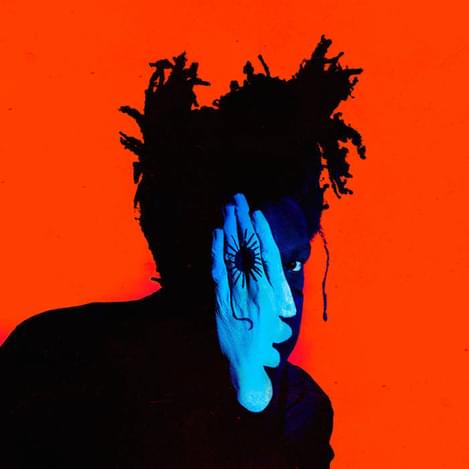Ottoline highlights L.A. Salami’s eloquence and versatility
"Ottoline"

With Ottoline, L.A. Salami pivots between sociopolitical diatribes and poetic vignettes while integrating folk, pop, jazz, and hip-hop sonics.
Reveling in his most multifaceted and seamlessly interwoven project to date, Salami consistently evokes the fraught tenor of contemporary life.
“I woke up with a rifle loaded with history / … I had to learn to shoot before I learned to stand,” he proclaims on “Is This Hell? (pt. 1),” commenting on the nightmarish conditions that persist in many parts of the world. Built around an acoustic guitar and ambiently textured, the track is plaintive yet boldly activistic, folkish a la Arthur Lee yet confrontive in a way that recalls Gil Scott-Heron.
“Systemic Pandemic” is a similarly unflinching look at the shadow side of capitalism. Salami touches on numerous dichotomies, including masculinity/femininity, divinity/mortality, entrepreneurialism/corporatism, power/powerlessness, etc., and how these dualisms play out in the individual psyche and our collective consciousness.
“Desperate Times, Mediocre Measures” shows Salami adopting a decidedly hip-hop cadence, his fluid yet confident delivery reminiscent of Kendrick Lamar, Denzel Curry, and Pusha T, among other politically minded rappers. The piece alternates between a hooky chorus and lyrics that fuse diarism, polemics, and cultural analysis, building on the pugnacious stance of his last and criminally underrated album, 2020’s The Cause of Doubt & a Reason to Have Faith.
“I write you love songs / you sing me hatred,” Salami declares on “Peace of Mind.” While he leans in a misanthropic direction lyrically, he offers an upbeat melody. His vocal, too, is supple, almost buoyant. The contrast between verbal gravitas and vocal lightness is striking, illustrative of Salami’s heightened ability to forge stylistic and energetic paradoxes.
With “Lady Winter,” Salami moves between elegy, serenade, and an exposition on melancholy. “As Before,” too, is a lyrical epic, a riff on ageing, acceptance, and forgiveness vs. the desire for revenge, among other themes. The instrumentation on both tracks is notably finessed – the former spotlighting a jazzy romp replete with brushy drums, horns, and staccato strings while the latter melds flute, string, and percussive sounds – highlighting Salami’s growth as a band leader.
Closer “In Honor of the Street Lights” is a wistful yet encouraging take on love, heartache, and the limitations of knowledge (“you’ll be more inconsolable the more you know”). While the tune is meticulously produced, as is Ottoline as a whole, a relatively casual vocal performance and free-flowing sax part bring to mind 2016’s lo-fi-ish Dancing with Bad Grammar.
As much a philosopher as a popsmith, Salami is herein at his most articulate and versatile. One of the premier lyricists of his generation, he remains curious, still distinguishing the illusory from the eternal, the true from the beguiling; keeping the faith, in his own cynical yet impassioned way
Get the Best Fit take on the week in music direct to your inbox every Friday

Tunde Adebimpe
Thee Black Boltz

Julien Baker & TORRES
Send A Prayer My Way

Bon Iver
SABLE, fABLE





